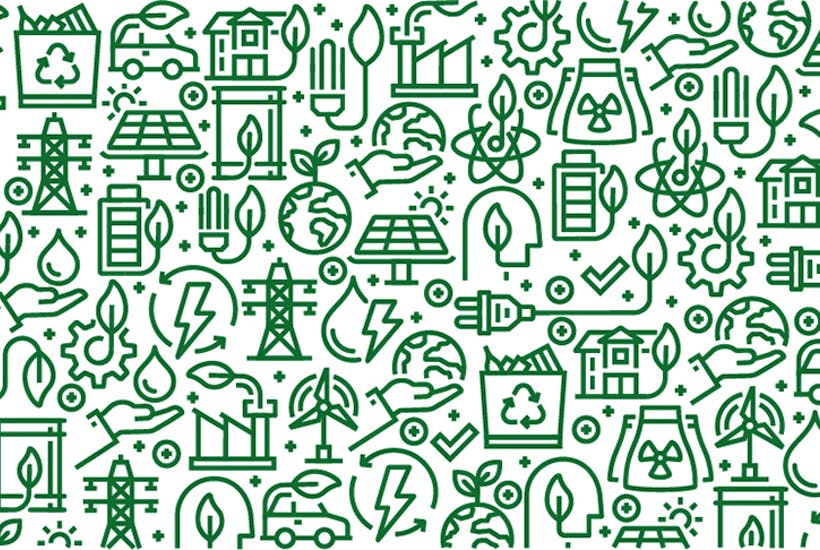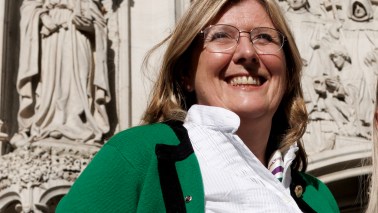According to the latest figures, 14.9 million of us have had a smart meter installed at home. Perhaps you’re one of them, persuaded by the promise of cheaper energy bills and reducing your household carbon footprint. But what about the bigger case for smart meters? What exactly makes them so smart and what might a future where every household in Britain is using one — the so-called smart energy system — look like? Those are the questions we’ll be asking in this supplement.
James O’Malley explores how smart meters will help us deal with large changes in electricity usage (in this case, the increasing take-up of electric vehicles), ensuring more demand doesn’t mean more fossil fuels. Thanks to the storage capacity of an electric car, he says, it might mean cheaper energy at home too. Hayden Vernon looks at how smart meters will help in the fight against climate change more broadly, by making it easier, cheaper and more reliable to draw more of our electricity from renewables, countering the problem of wind and solar’s intermittent supply.
One of the defining features of smart meters is their digital connectivity — but how is this changing the way we live? I look into how the Internet of Things (the automation of everyday appliances through internet connectivity) might make it easier for older people to live longer in their own homes. Sam Ashworth-Hayes examines what a more connected energy market might look like, finding that smart meters will predict usage and allocate resources accordingly, meaning cheaper and greener energy for all.
Robert Jackman, editor
IN ASSOCIATION WITH SMART ENERGY GB






Comments